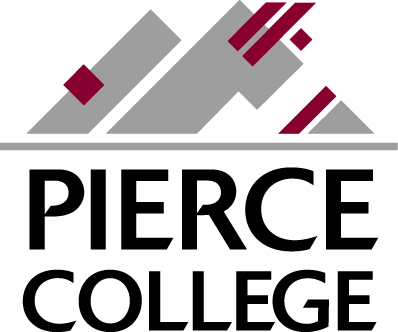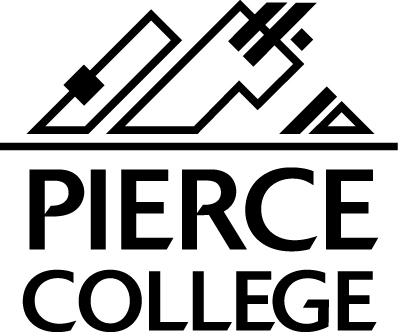Media Contact
Media Inquiries
The Pierce College Marketing and Communications department is the official contact for all media inquiries.
Contact us to receive official press releases and to request interviews with college leaders and/or faculty, students and staff.
Public Information Officer
Kate Frerichs
Director of Marketing and Communications
Phone: 253-864-3239
Email: KFrerichs@pierce.ctc.edu



